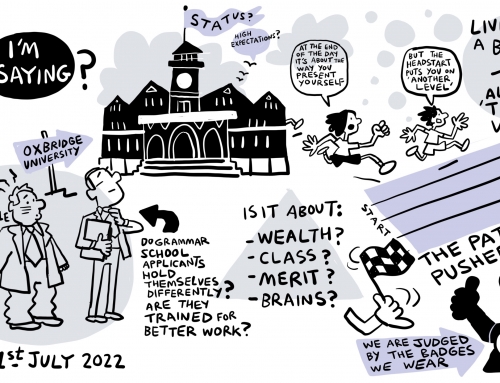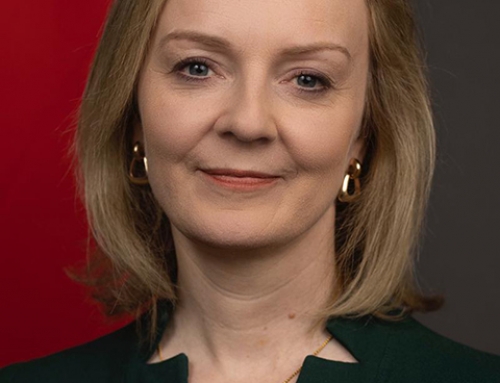By Margaret Tulloch
At Comprehensive Future’s recent webinar Nick Hillman, the Director of HEPI, asked a question, ‘The panel oppose the 11-plus but the UK has one of the most selective university systems in the world (and more and more selection at 16). At what age, if ever, does selection become acceptable?’ This is a subject Hillman has raised in articles in the TES and Schools Week in the past. He compares selection for tertiary education and secondary education and claims that those of us who want to see an end to selection at 11 are undermined by our acceptance of selection at 16 or for higher education.
I don’t know what others, who like me want to see an end to selection at 11, think about education post 16. But I do know that Nick Hillman is wrong to think that selection at 11 can be compared to selection at 16 or beyond.
At 16 students are old enough make their own choices and to aim to make a success of them. Children facing selection at 11, or in fact 10, do so as pupils half way through their education. Despite the best efforts of many parents and teachers, children getting that message of failure are affected by it, many until adulthood. OU tutors have mentioned to me the adults embarking on a course who say ‘I failed the 11-plus but…’ If post 16-year-olds want to face selection for a 6th form or a Russell group university it is their choice. They are effectively adults. It doesn’t mean losing friends or getting what is in fact an official message of failure when they have still 7 years to go in education.
Hillman’s TES article talks about ‘attacks on grammars’. I don’t want any schools to close, but to be open to all by ending selection at 11. He does not comment on the extensive research throwing doubt on the reliability of selection or the research showing children’s brains continue to change long past age 10. He talks about diversity within schools. Good comprehensives can make diverse offers to suit diverse students within the school while opening their gates to all at 11. Education should be about opening doors not closing them. We live in a diverse world and entry into it is fully comprehensive. Schools should reflect that.
Why selection at 11 continues in England is a complex question requiring detailed analysis. What I am clear about is that our children deserve a government bold enough to end selection. We haven’t had one for a long time and sadly those that looked as if they might, years ago, did not finish the job. But we have the evidence and social justice on our side, so the campaign goes on.
Margaret Tulloch founded Comprehensive Future in 2003 with David Chaytor and the late Malcolm Horne. She was secretary of the Campaign for State Education for many years and one time Chair of the Advisory Centre for Education. She is a school governor in the London Borough of Merton.
Our Future Thoughts series of articles are opinion pieces designed to provoke debate, they represent the views of the author and not necessarily Comprehensive Future policy.




